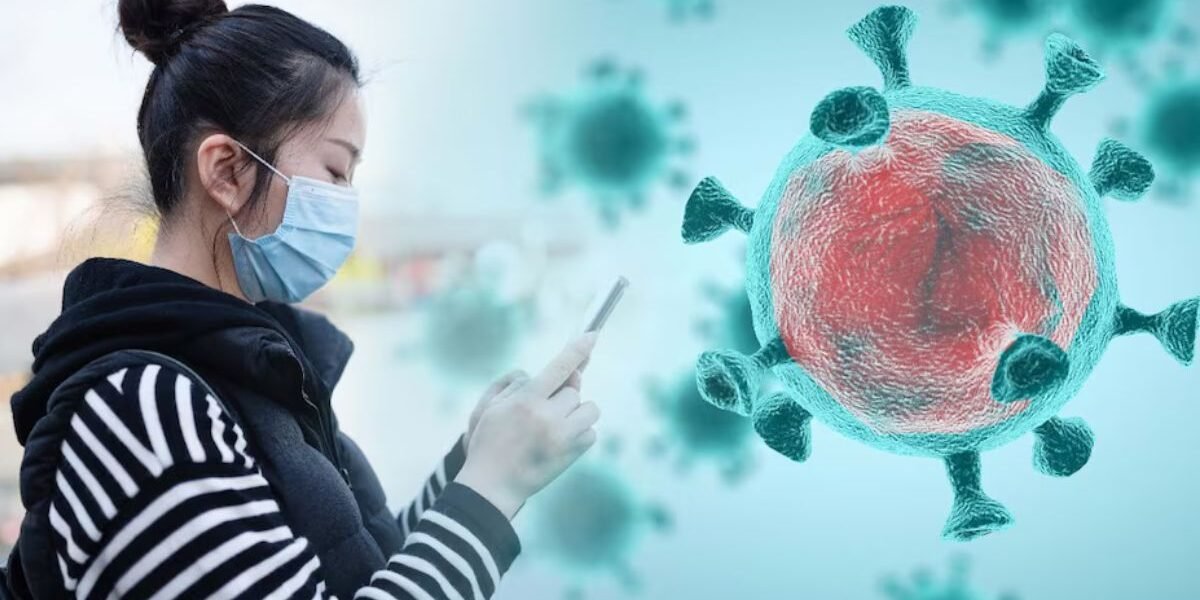ISLAMABAD: The National Institute of Health (NIH) on Saturday said that the much-talked Human Metapneumovirus (HMPV) has been present in Pakistan for at least two decades.
The statement federal health authority came after the HMPV, termed as a COVID-19-like virus, alerted the world after its recent outbreak in China.
According to the NIH official, the virus was first detected in Pakistan in 2001 and several outbreaks have been reported over the years.
In 2015, 21 cases of this HMPV were reported at the Pakistan Institute of Medical Sciences (Pims) Islamabad mostly in children with severe lower respiratory tract infections.
NIH official said that the World Health Organization (WHO) has not yet issued any advisory regarding HMPV, and the National Command and Operation Center (NCOC) meeting on the HMPV spread in China will be held on January 7.
Urging the public to remain calm, the official said that currently, several cases of seasonal influenza, especially influenza A and B, are emerging in Pakistan.
Pakistan’s top health institution advised the public to focus on precautionary measures including regular hand-washing and proper coughing etiquette to avoid contracting viral illnesses.
Medical experts said that HMPV cases are emerging frequently.
What is HMPV?
Social media is flooded with news of a new virus in China five years after Covid-19.
China’s National Disease Control and Prevention Administration (NCDPA) acknowledged a notable rise in respiratory infections between December 16 and 22.
According to reports, China is witnessing an outbreak of the human metapneumovirus (HMPV).
HMPV causes flu-like symptoms. The virus usually affects the upper respiratory system but can sometimes cause lower respiratory infections. HMPV is more common in winter and early spring.
The virus is particularly concerning for vulnerable groups in China, including young children and the elderly.
HMPV symptoms are similar to those of flu or common cold. It can spread from an infected individual to others through coughing, sneezing, or personal contact.















